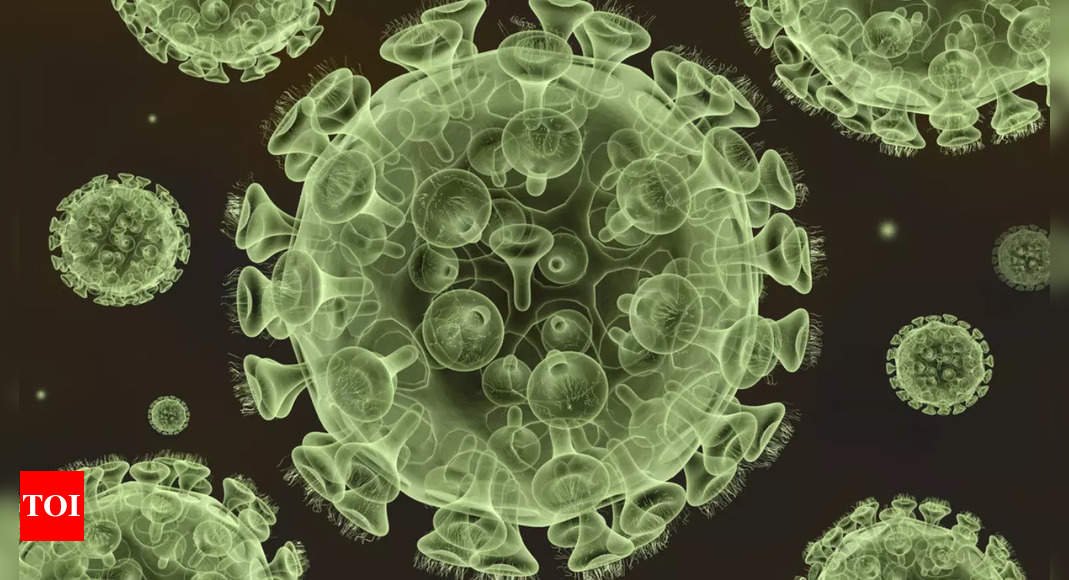NEW DELHI: The World Health Organization (WHO) reported on Wednesday that many countries in the northern hemisphere were experiencing a seasonal increase in acute respiratory infectionsincluding human metapneumovirus (HMPV). This pattern is typical for this time of year and is mainly due to seasonal epidemics of respiratory pathogens such as seasonal influenza, respiratory syncytial virus (RSV), and other common respiratory viruses, including hMPV, as well as Mycoplasma pneumonia.
“Many countries carry out routine surveillance for acute respiratory infections and common respiratory pathogens. Currently, in some countries in the northern temperate hemisphere, rates of influenza-like illness (ILI) and/or acute respiratory infections (ARI) have increased in recent weeks and are above baseline levels, following usual seasonal trends,” the organization said.
Follow live updates on HMPV cases
“Based on the expected increase in respiratory infections during the winter season, countries, including China, have been providing health messages to the public on how to prevent the spread of respiratory infections and reduce the impact of diseases,” it said in its report.
Risk assessment and precaution.
In temperate climates, seasonal epidemics of common respiratory pathogens, including influenza, often occur during winter periods.
The observed increases in acute respiratory infections and detections of associated pathogens in many countries in the northern hemisphere in recent weeks are expected at this time of year and are not unusual, the WHO said.
The WHO recommended that people in areas where it is winter take normal precautions to prevent the spread and reduce the risks posed by respiratory pathogens, especially for the most vulnerable.
People with mild symptoms should stay home to avoid infecting others and rest. People at high risk or with complicated or severe symptoms should seek medical attention as soon as possible.
People should also consider wearing a mask in crowded or poorly ventilated spaces, covering coughs and sneezes with a tissue or bent elbow, washing hands regularly, and getting recommended vaccinations based on doctor and local authority advice. of public health.




